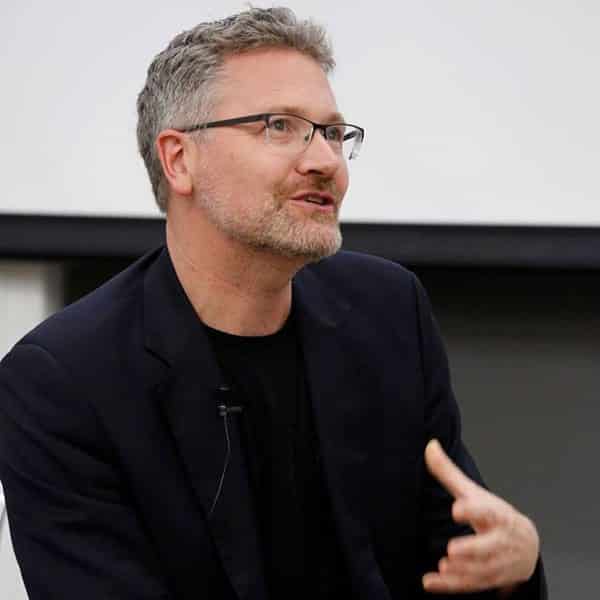Article overview
The New Paradigm Papers of the Month of April
Once a month the Forum New Economy is showcasing a handful of selected research papers that lead the way towards a new economic paradigm.
New Forum Website - What's New
Two and a half years after our launch, we are giving our content a makeover. Here's an overview of the most important changes.
Super Depreciations – The recession remedy? Short Cut Highlights
In its coalition agreement, the traffic light government announces an investment premium for "climate protection and digital assets" - the "super depreciation". What economic effects does the government expect from the bonus? Clemens Fuest, Sandra Detzer, Achim Truger and Markus Herbrand in Short Cut.
The New Paradigm Papers of the Month March
Once a month the Forum New Economy is showcasing a hand full of selected research papers that lead the way towards a new economic paradigm.
From a Better Understanding of the Drivers of Populism to a New Political Agenda
Forum Working paper series - a new contribution by Robert Gold on the drivers of and measures against populism
New Economy Interview: Do we need to commit corporations more strongly to the common good?
In a new episode of our New Economy Interview series, we speak to Michael Peters about DAX companies' use of their profits solely in the interests of shareholders - and what could be done about it.
Review and outlook for 2022
We take a look at what the past year has meant for us as a Forum, and for us all - and give you a glimpse of the exciting projects we are planning for 2022.
















